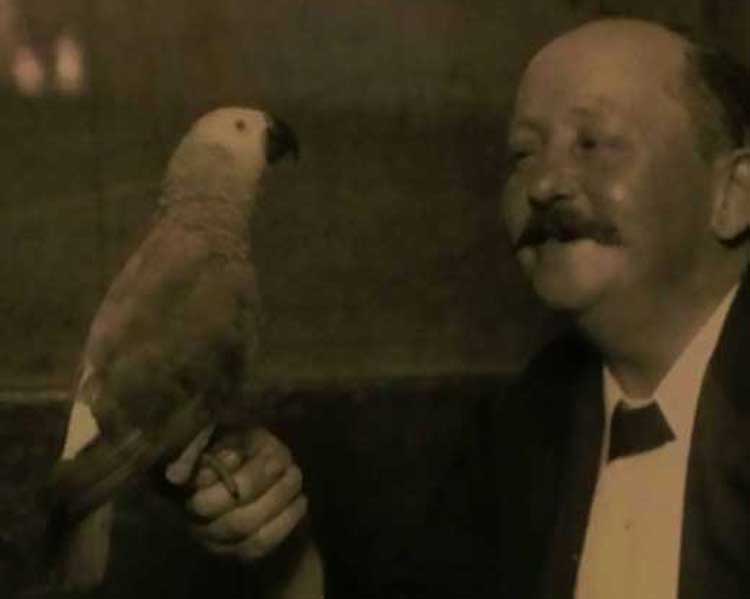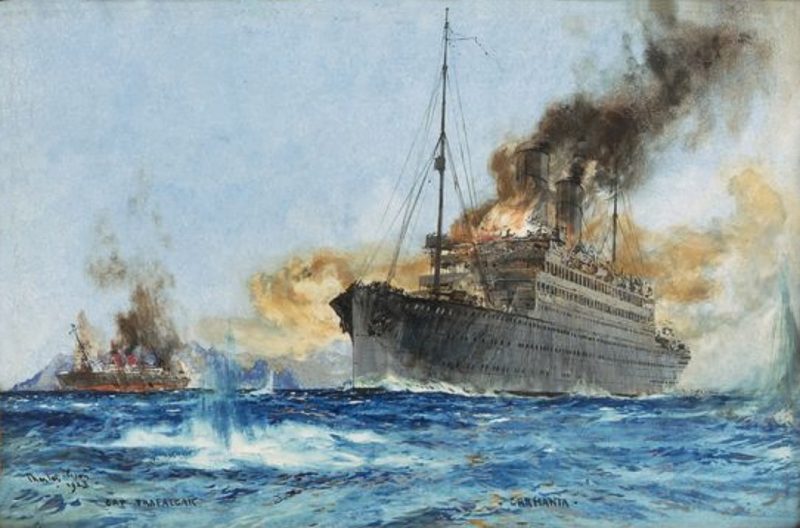Some historians might place Nelson A. Miles, George Armstrong Custer or George Crook in contention for the greatest Indian fighter of the American West.
But it would be difficult to sustain their records against General Ranald Mackenzie's accomplishments- either in the number of major combat engagements or in their battle successes. However, because he died pathetically insane, history has treated Mackenzie as a tragic figure rather than a heroic one.
The way that Mackenzie died contains none of the glamour portrayed in paintings of Custer atop a windswept Montana hill, the last man standing with pistol in hand grandly facing a horde of Indian warriors in a glorious death.
"One of America's most remarkable soldiers, Mackenzie is a forgotten hero." On January 19, 1889 Brigadier General Ranald Slidell Mackenzie died in the home of a cousin on Staten Island. Mackenzie had been involuntarily retired nearly five years earlier, subsequent to a board tribunal of the U.S. Army which had found him insane. He lived in growing isolation and increasing debility over the next five years, and regressed into childishness and what today would be known as dementia.
But it would be difficult to sustain their records against General Ranald Mackenzie's accomplishments- either in the number of major combat engagements or in their battle successes. However, because he died pathetically insane, history has treated Mackenzie as a tragic figure rather than a heroic one.
The way that Mackenzie died contains none of the glamour portrayed in paintings of Custer atop a windswept Montana hill, the last man standing with pistol in hand grandly facing a horde of Indian warriors in a glorious death.
"One of America's most remarkable soldiers, Mackenzie is a forgotten hero." On January 19, 1889 Brigadier General Ranald Slidell Mackenzie died in the home of a cousin on Staten Island. Mackenzie had been involuntarily retired nearly five years earlier, subsequent to a board tribunal of the U.S. Army which had found him insane. He lived in growing isolation and increasing debility over the next five years, and regressed into childishness and what today would be known as dementia.







